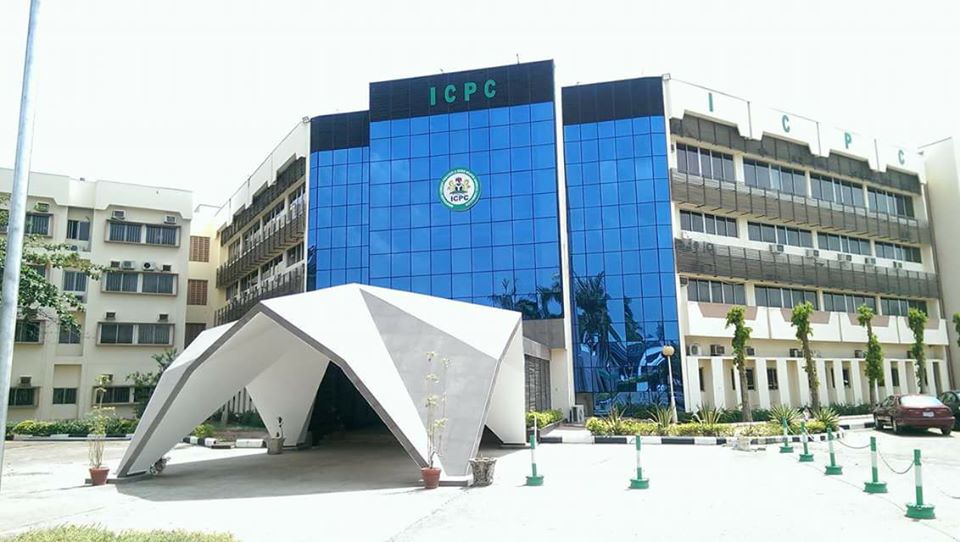With about N350 billion allegedly mismanaged by the Health Management Organizations (HMOs), the administrator of the National Health Insurance Scheme (NHIS) has initiated plans to cleanse the institution of all fraudulent practices.
LEADERSHIP Sunday learnt that with the help of the Independent Corrupt Practices Commission (ICPC), the HMOs have returned over 92 per cent of looted funds back to NHIS.
It was also gathered that since 2005 when the scheme was established, the institution has failed to discharge its statutory responsibility, as only five per cent of Nigerians are presently covered by the scheme, as against 60 per cent from neighbouring countries.
With the way and manner the implementation of the NHIS had been mired in corruption, irregularities among HMOs and the ill-treatment enrollees face in receiving services at the hospitals have, over the years, marred the progress of the institution.
Despite its failings, stakeholders in the health sector still believe that the NHIS in Nigeria is one of several useful mechanisms through which the country could make progress towards achieving the goal of Universal Health Coverage (UHC).
The executive secretary of NHIS, Prof. Usman Yusuf, said since he assumed office, he has left no stone unturned in the fight against corrupt practices by some HMOs.
Yusuf said some of the HMOs have corrupted the healthcare financing system as they are involved in misappropriation of funds and other scams in the scheme.
The NHIS boss who likened the corruption in health financing to that of fuel subsidy said, “There is no healthcare financing in Nigeria but healthcare subsidy. HMOs have corrupted healthcare financing system in NigeriaThe mandate of Mr. President is crystal clear. ‘Go and make NHIS work for all.’ We must make NHIS work for all Nigerians. We cannot do that unless we look at ourselves.
Yusuf said he launched a campaign to rid the scheme of corruption, inefficiency and impunity and that with the help of the Independent Corrupt Practices Commission (ICPC), the HMOs have returned over 92 per cent of the money owned to NHIS.
He urged the ICPC to continue probing the activities of NHIS and HMOs who in one way or the other had defrauded the system and short-changed enrolees.
He stressed that there is no way Nigeria could achieve Universal Health Coverage (UHC) if it continued to give resources to people who do not deserve them.
Meanwhile, the chairman, Health and Managed Care Association of Nigeria (HMCAN), Dr. Tunde Ladele, said while the NHIS is fighting corruption in the system, there is need for the administrator to address other issues that have marred the scheme.
Ladele said for more than half of the period it has been operating, the NHIS administrator has been without the governing council that would control the scheme in accordance with the provisions of the decree that set up the scheme.
This situation, according to the chairman, has seen successive executive secretaries who were supposed to be in subjection to the general direction of the council turn themselves into sole administrators.
The implication of this, according to Ladele, is that the NHIS for most of its life is likely to have been managed by the impulses of the persons occupying the position, adding that the core objective of the scheme aimed at protecting families from financial hardship of huge medical bills, suffers from the lack of effective public policy execution and poor corporate governance.
Speaking on other issues that needed to be addressed, he said, “There are still lots of ongoing implementation challenges, which among others include lack of organisational capacity in the management of an insurance-based healthcare service at all levels of operation-health facilities (providers), HMOs (pre-paid schemes) NHIS administrator (regulator)”.
He listed others as “poor knowledge about health insurance both among policy/decisions makers (as a tool for rapid national economic growth) and in the general population (as a financial instrument that can significantly improve healthcare access), unresolved ambiguity on the roles and responsibilities of the major players- NHIS administrator, HMOs, providers, employers, employees and ordinary consumers”.
Ladele said settling these issues is critical to ensuring that the NHIS survives now and thrives in the coming years ahead, especially as the fact that health insurance can work in Nigeria has been proven.
He said what is needed is to bring all these approaches up to scale to achieve UHC, adding that this would require concerted efforts by everyone ‘working together’ to attain this laudable national health goal”.
He however advocated that there is need for the two parties to dialogue and find a lasting solution as the scheme is the only gateway towards achieving the goal of UHC.
Culled from Leadership News

